Challenges in Asking for What We NeedOur core relationship needs — for things like quality time, validation, empathy, variety, an apology, and boundaries — are often challenging to address.
What do we say? How do we assert our needs by making requests, not demands?
1 Comment
Relationship Satisfaction CharacteristicsWhile we all know by now that the perfect partner doesn’t exist, there ARE some traits that significantly increase our enjoyment in relationships. 💙
Differing Communication StylesThere’s value in asserting our needs both directly and sensitively.
Misunderstandings and hurt feelings happen more easily when someone else is operating from a different way of making requests. Resentments Are Toxic to RelationshipsRepeated experiences of slights and mistreatments that are unresolved build resentment in relationships.
When we address them along the way, they have less power over us and our relationships have a better opportunity to function at their best. Misunderstandings Are InevitableDon’t you hate it when people misunderstand you?
When we recognize that this is inevitable some of the time, and redirect our energy into coming back home to the truth of what we know about ourselves, we re-empower ourselves. Fake Apologies Create Distance in RelationshipsFake apologies are problematic in multiple ways, including:
Addressing Conflict Quickly Feeds RelationshipsWhen we’re able to quickly repair conflict in relationships, we can move on to enjoying all that they have to offer.
Leading with Compassion Isn't EasyPassive-aggressive communication can be extremely frustrating to receive and challenging to address.
Leading with compassion and curiosity allows us the freedom to name it while also not getting hooked in perpetuating this communication style. Feeding Our Relationships with LoveHow do you feel most loved?
Giving and receiving love with friends, family and partners helps our relationships thrive AND often they require other interventions to function at their best. Surround Yourself with LoveWe live life more fully when we surround ourselves with people who like us, value us, and prioritize us and we do the same with them.
Knowing When to End FriendshipsSometimes we hold on to friendships too long and sometimes we end them too soon.
Knowing why friendships become problematic can help us understand if there’s something we can do to make them better or if it’s time to walk away. Competing Needs for Autonomy versus ConnectionWe all have needs for independence/autonomy AND connectedness/togetherness.
These can feel like competing forces but when we integrate them in healthier ways, we experience interdependency. Work Friendships Are ComplicatedWork friendships are often complicated with competing personal and professional needs.
We need to recognize the signs when they become toxic so that we can limit our contact or set stronger boundaries. Missing Out on Expressing Ourselves FullyWhen relationships end we often look back with regret about not expressing ourselves fully.
We may not have been given the opportunity to say what we needed to or we may have limited ourselves. Take a Time Out When NeededWhile we may have an urgency to resolve conflict, when things escalate too far it’s much more likely that we won’t do it well.
Instead, we need to take a break — at least 20-25 minutes — and come back at it when we’re more capable of thinking clearly. Resolving Conflict Well Increases IntimacyAvoiding conflict can be detrimental to relationships.
Having and resolving conflict well can lead to greater intimacy. Spending Our Time WiselyIt’s a self-empowering act to stop chasing people but rather spend our time more wisely with people who value our presence and naturally have time/interest in reciprocating.
Qualities of a True FriendGood friends show up, care, apologize, invest, and are loyal.
What are qualities you appreciate in your friendships? How We Respond MattersCurrent life events can bring out the worst in others.
How we respond to people being rude has an impact on our emotional health and well-being. Our Desire for Dating CertaintySometimes our desire for certainty in the dating process produces some really poor advice.
Characteristics of CodependencyWhen we experience being codependent, we miss opportunities for more enjoyable ways of relating.
Striking a balance between independence and autonomy while also having connection and togetherness is not easy to achieve — interdependence. Words of Support for Depressed PartnersShowing up for our loved ones can be challenging when they’re depressed.
What do we say? How can we help? Over-Explaining is Often UnconsciousThere are often underlying reasons for why we do what we do.
It's Okay to Disappoint OthersFinding the right balance between staying true to ourselves while also recognizing our impact is a tricky thing.
Never Undervalue a Partner That...Make sure to express appreciation for qualities that your partner has that helps your relationship thrive.
|
Categories
All
Archives
March 2022
�
|
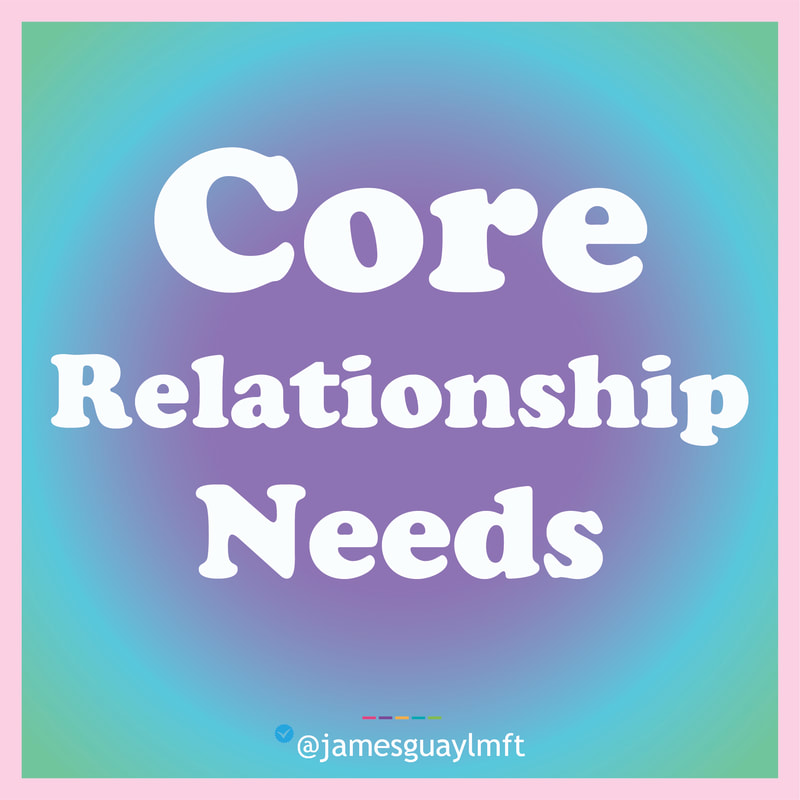

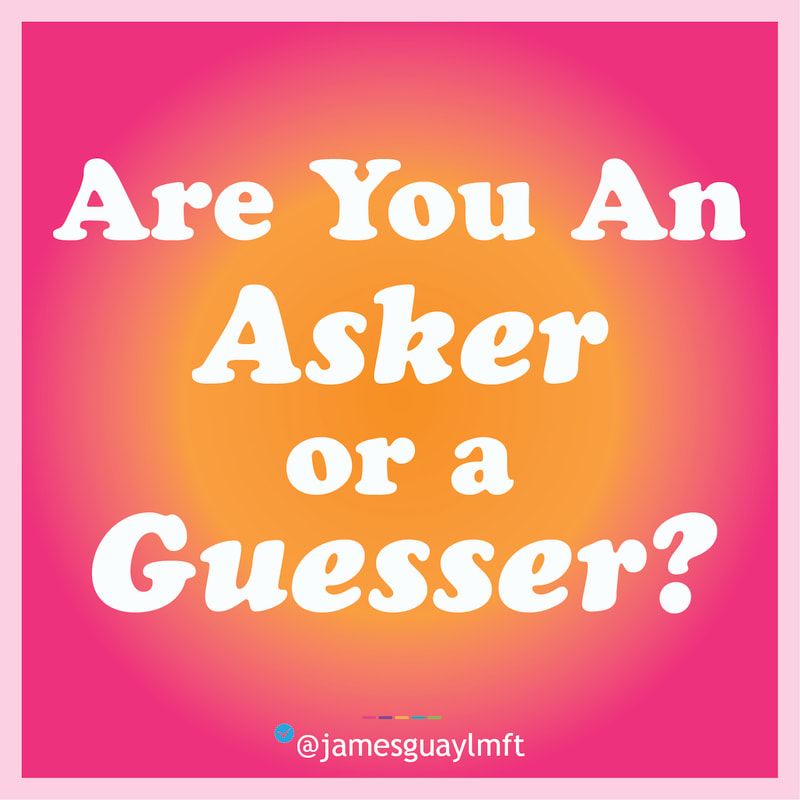
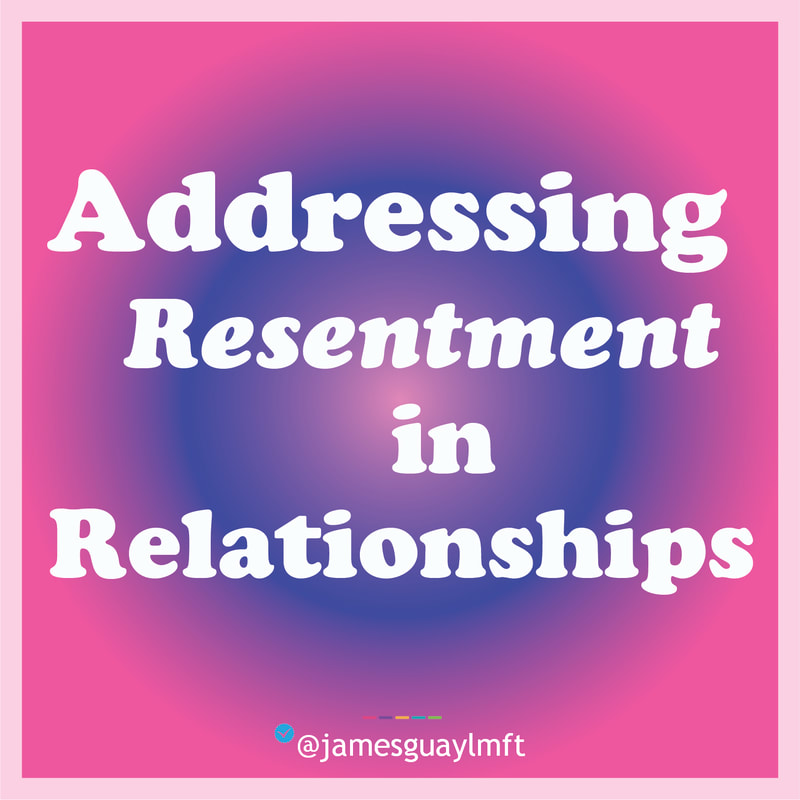
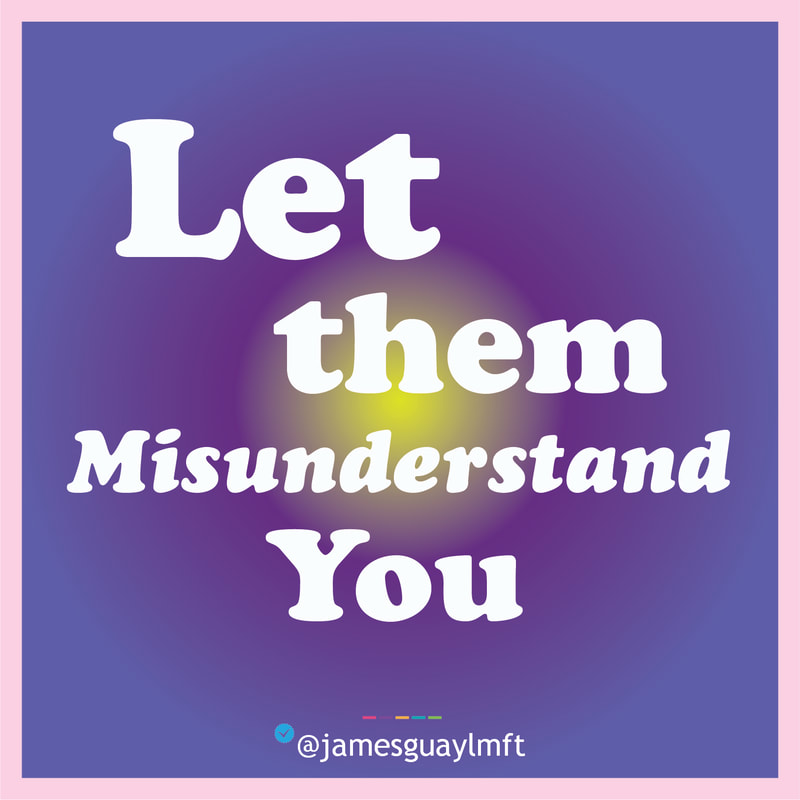
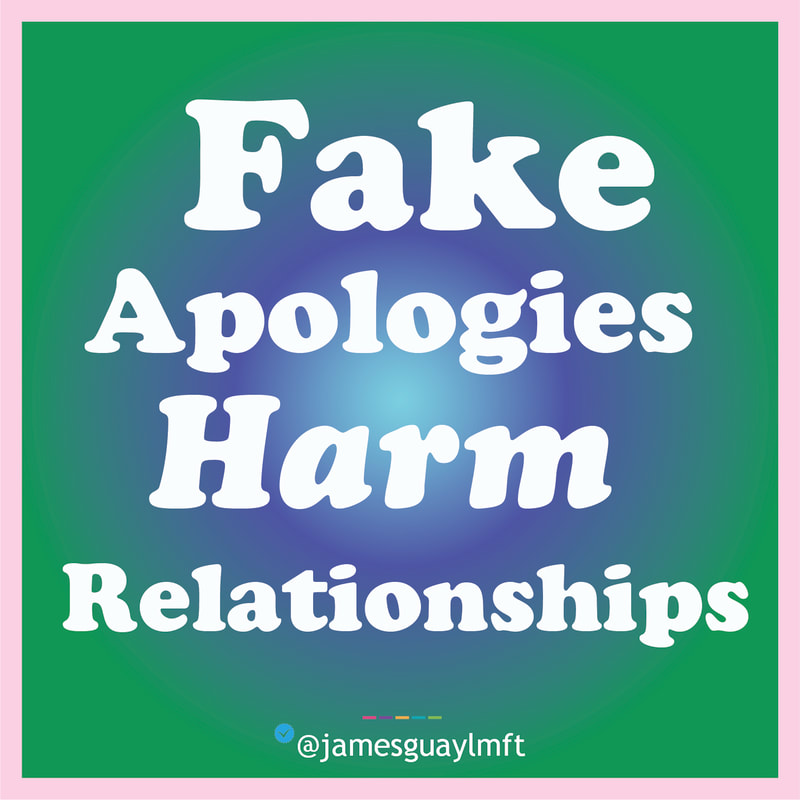
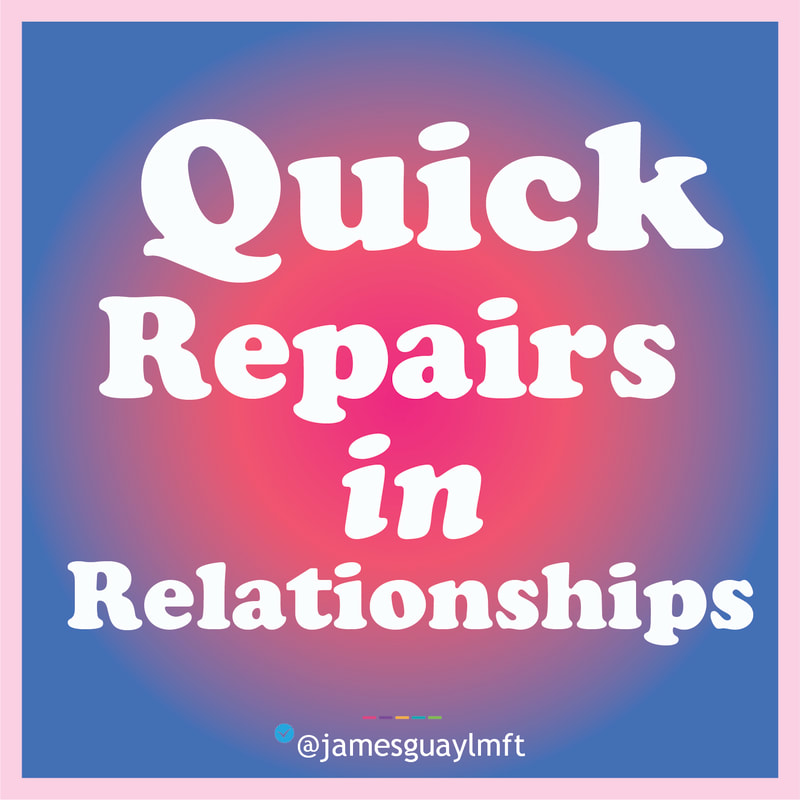
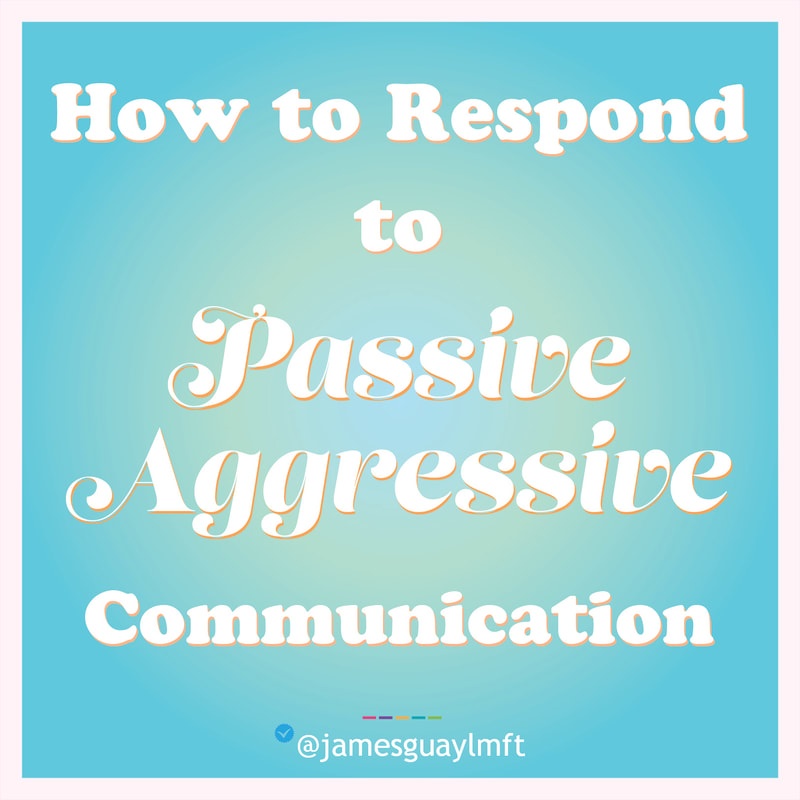

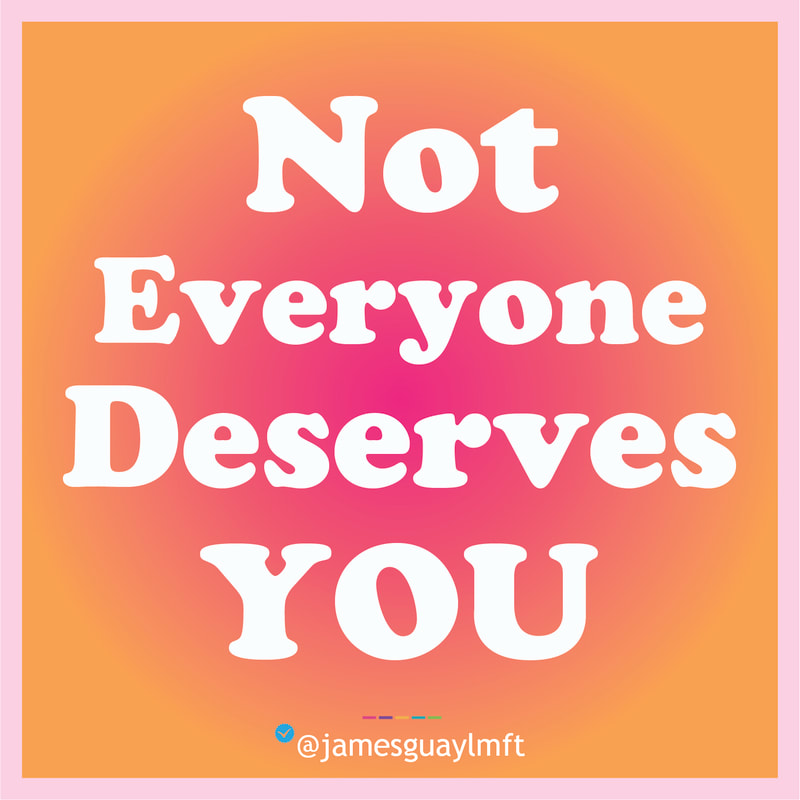
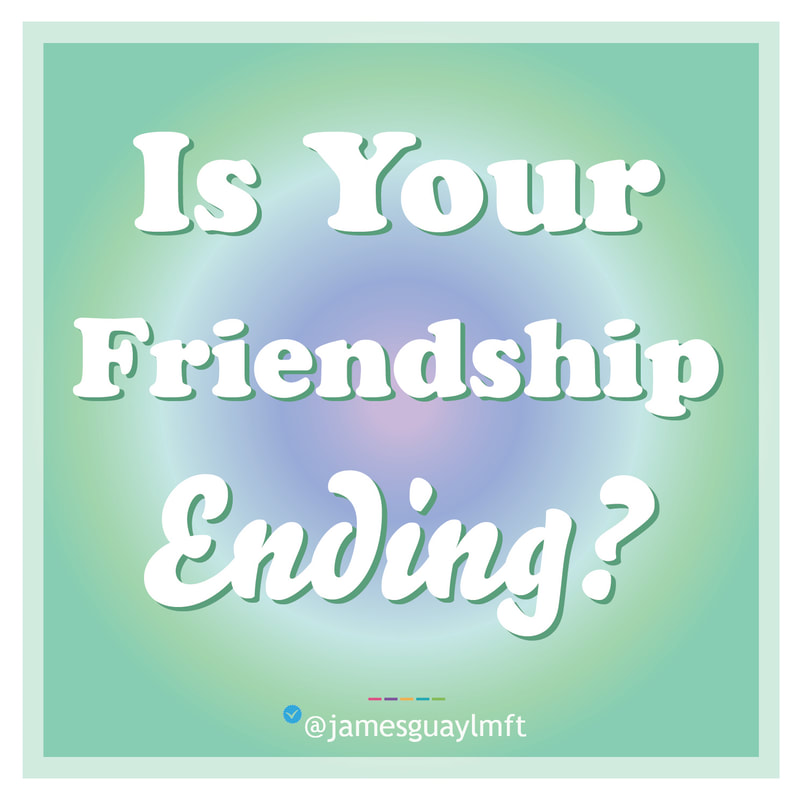
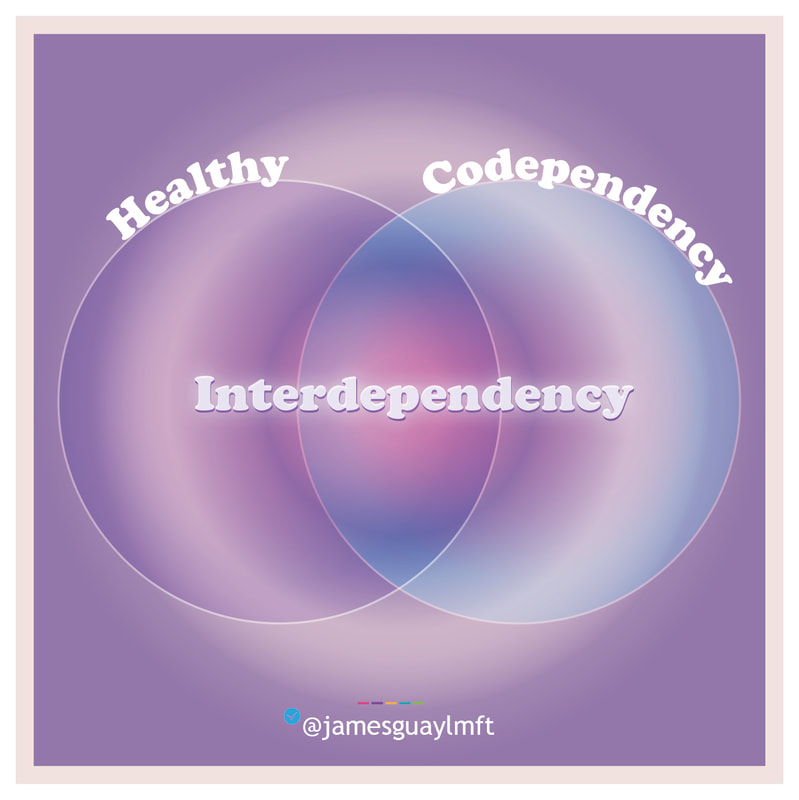
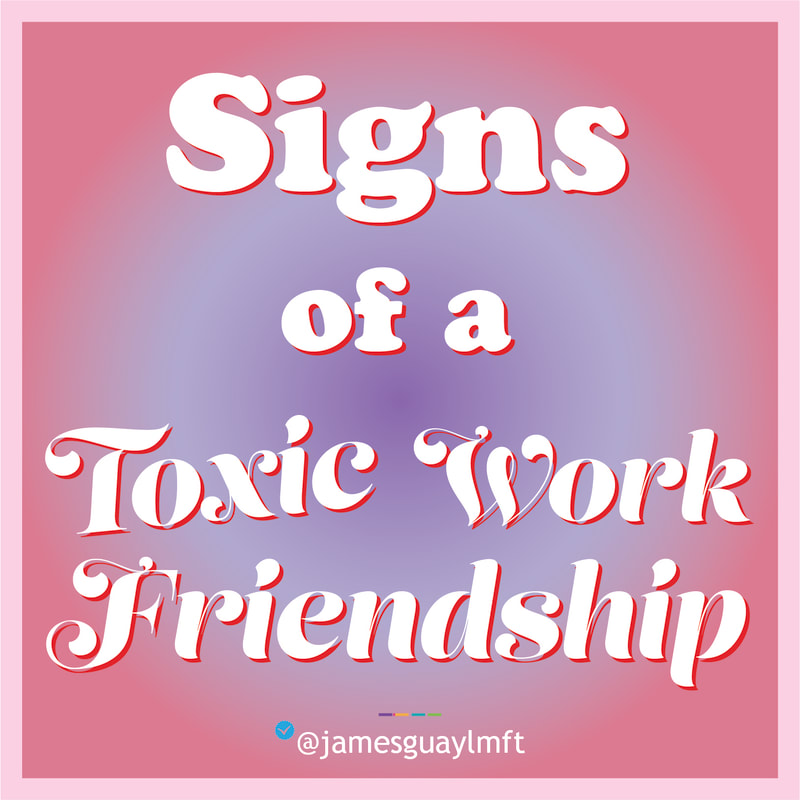

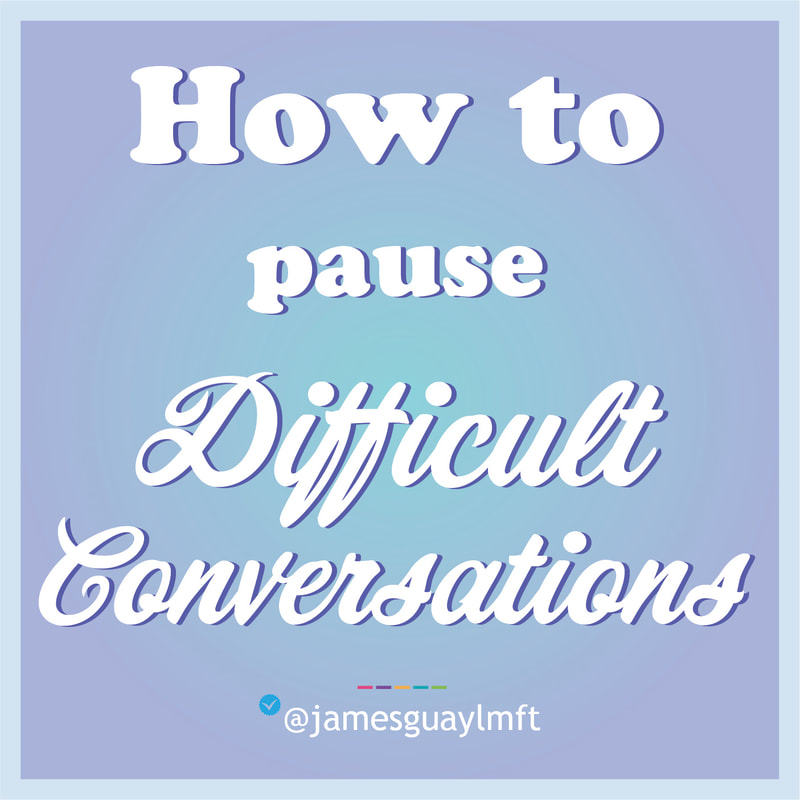
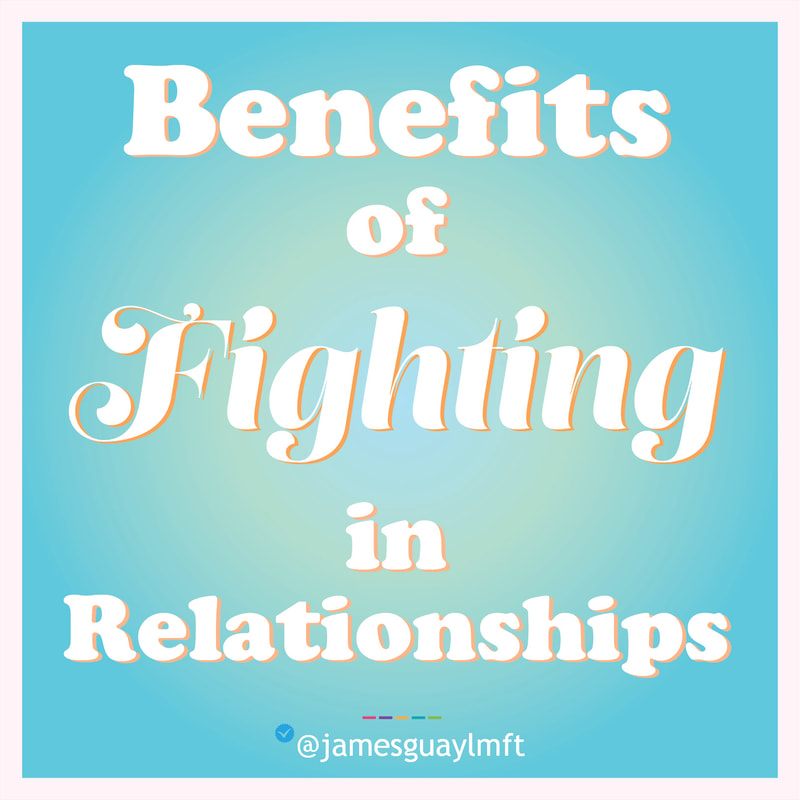
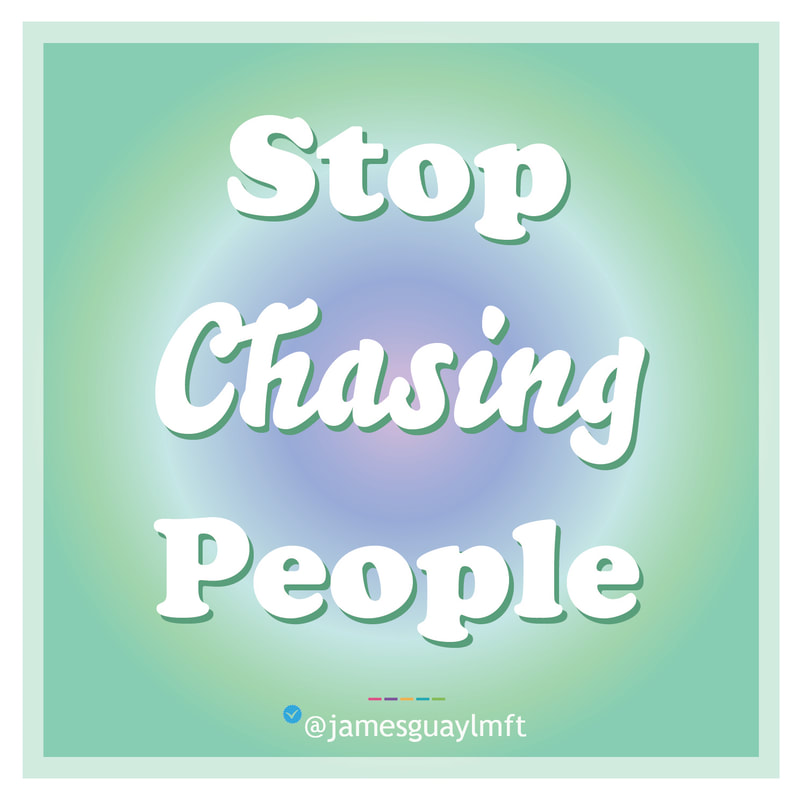
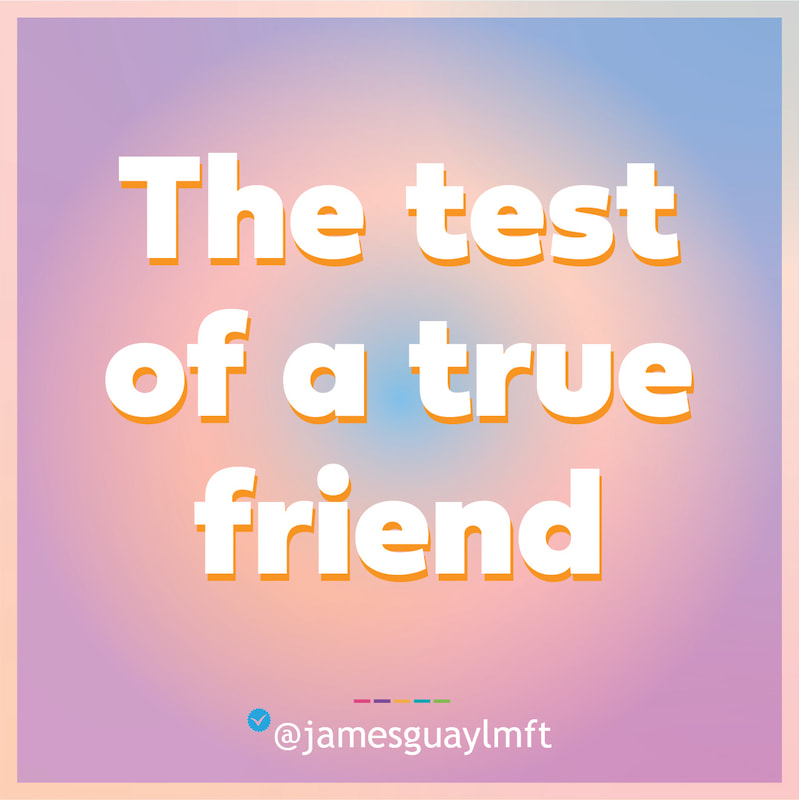
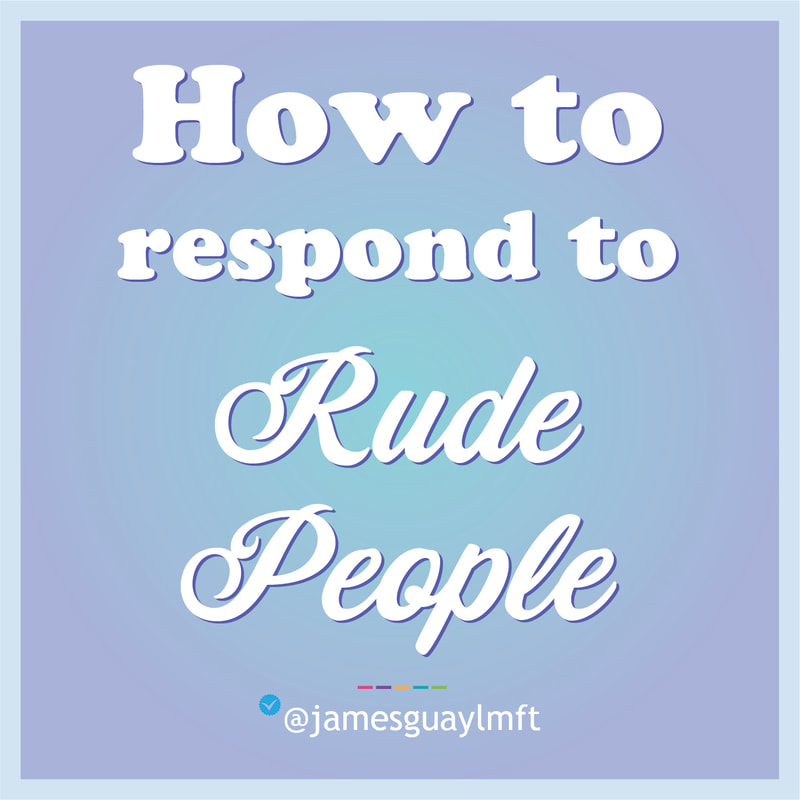

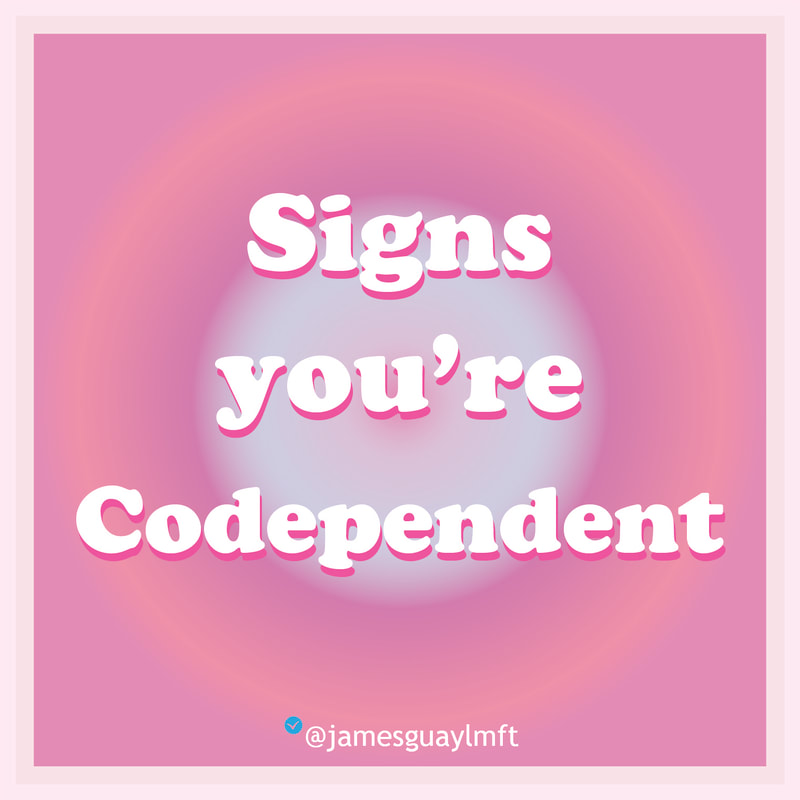
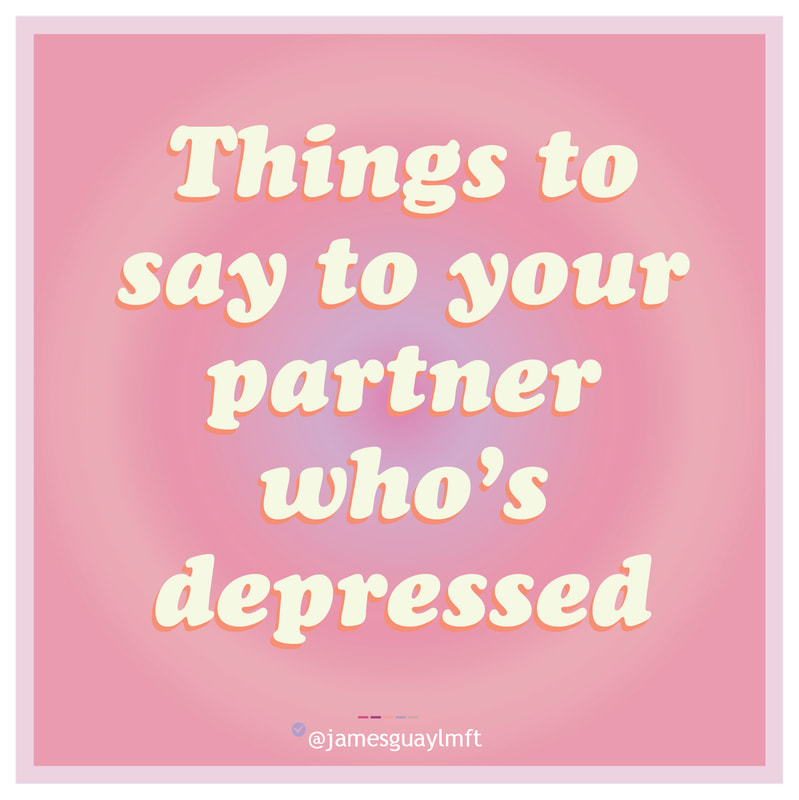
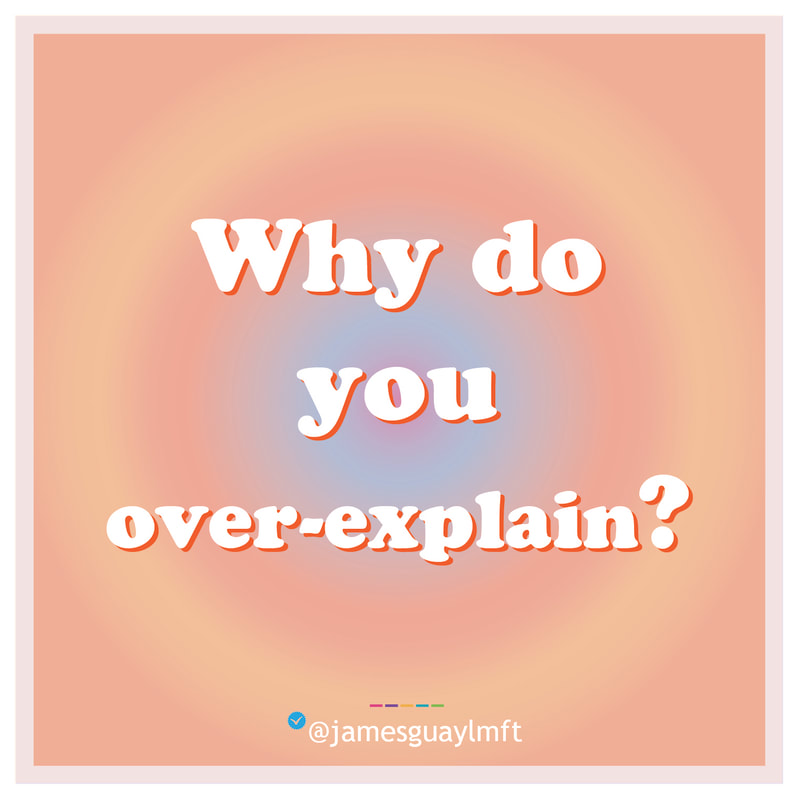
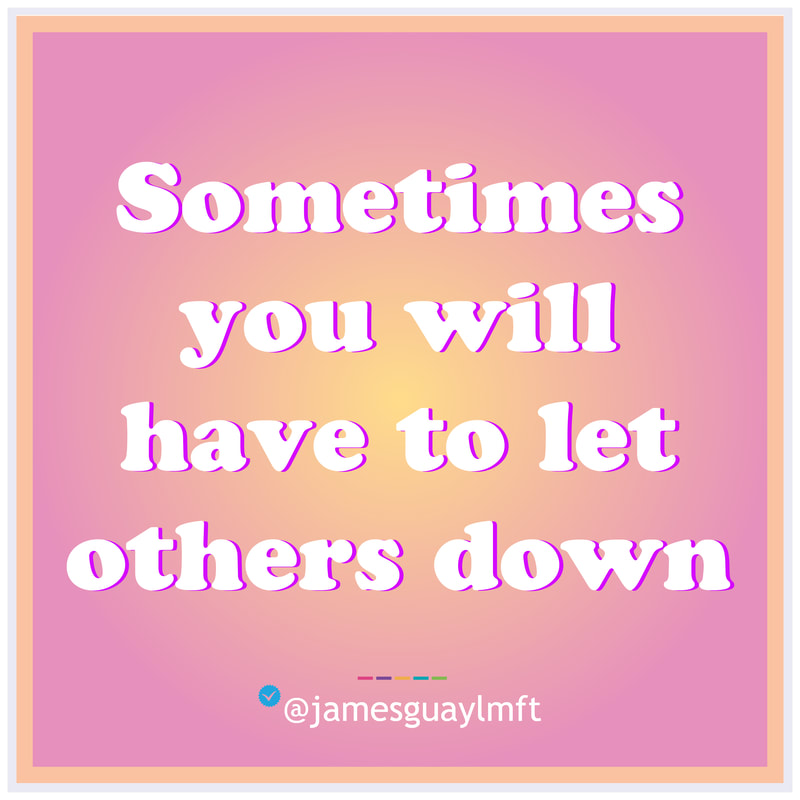
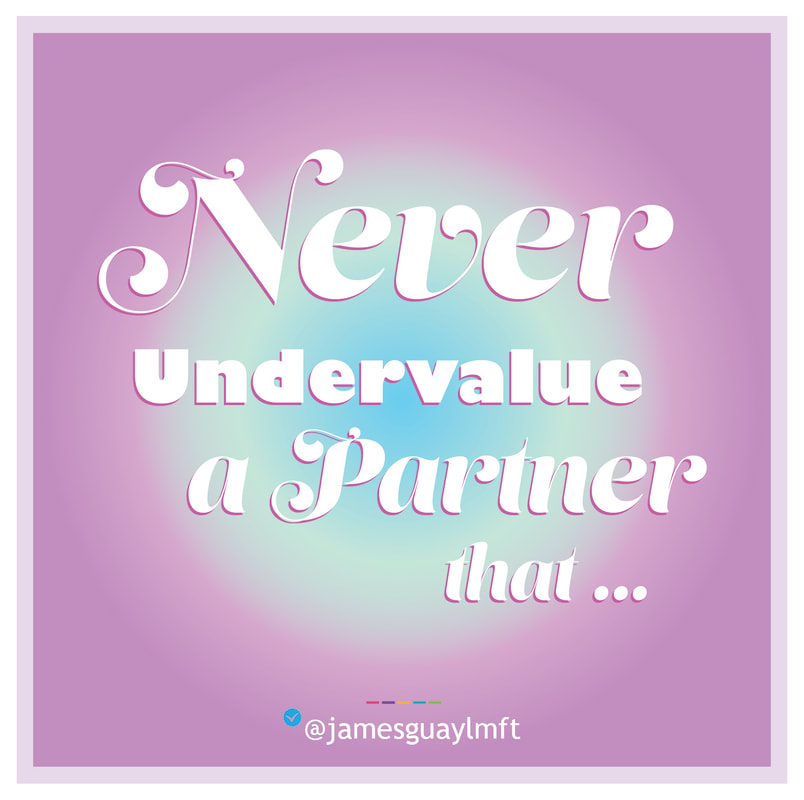
 RSS Feed
RSS Feed